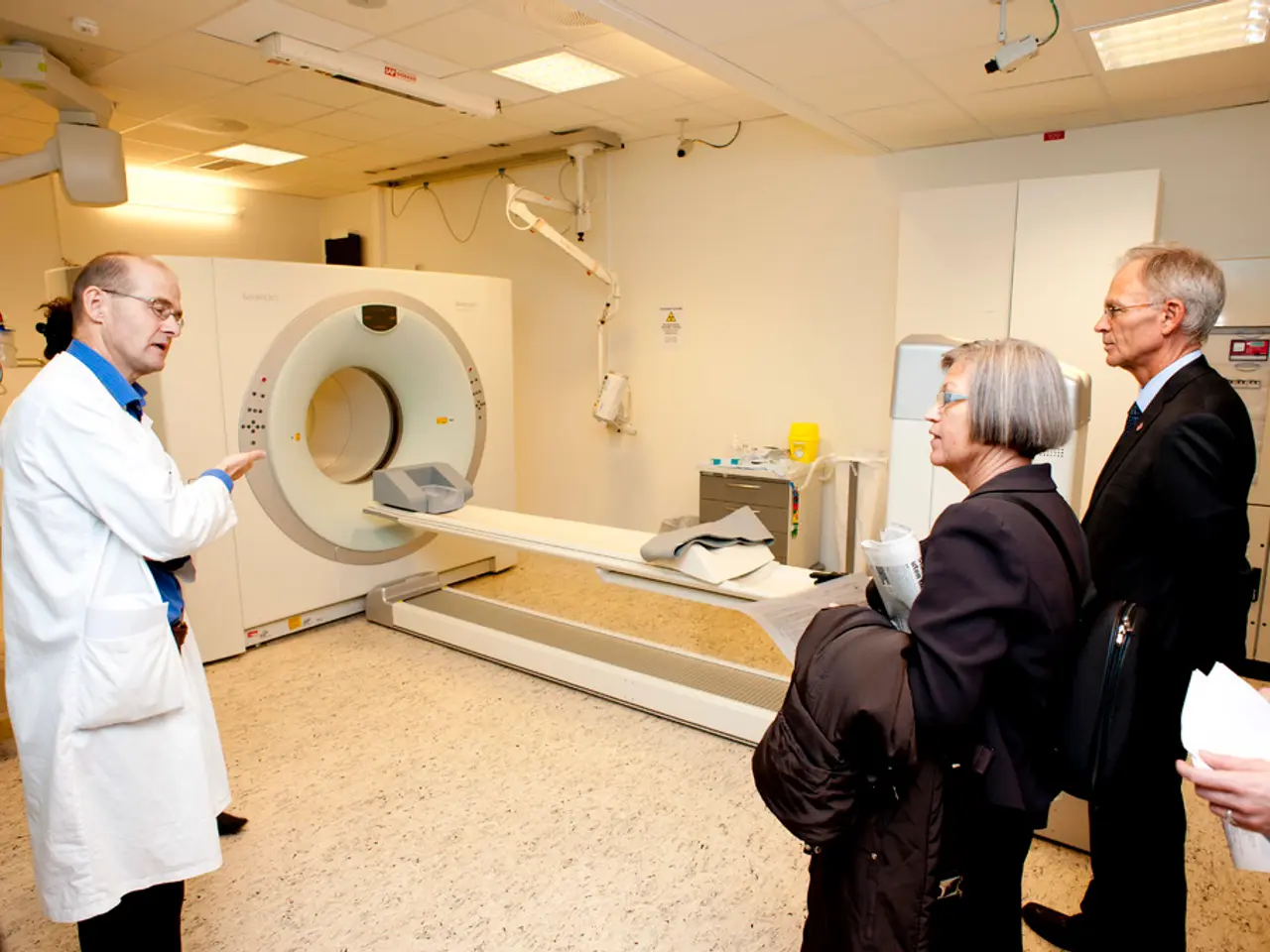Insights into the Intricacies of Medical Coding
### The Indispensable Role of Medical Coding in Healthcare
In the heart of the healthcare system, medical coders play a vital role, translating clinical data into standardized codes that drive accurate billing, maintain precise records, and support regulatory compliance.
Medical coders take on the task of interpreting physician notes and medical records, converting them into codes that represent diagnoses, treatments, and procedures. These codes serve as the backbone for financial and administrative support within healthcare organisations, ensuring timely payment from insurance companies and maintaining accurate medical records.
The importance of medical coding extends beyond administrative tasks. It also helps ensure compliance with healthcare regulations, supporting audit readiness, and aiding in the prevention of financial penalties and legal issues. Moreover, medical coding audits help detect potential healthcare fraud by identifying errors and risky coding patterns that could indicate fraudulent activities.
The benefits of medical coding are far-reaching, impacting both healthcare providers and patients. By ensuring accurate billing and reducing claim denials, medical coding helps maintain financial stability for healthcare providers. It also contributes to better continuity of care by ensuring that patient records are accurate and comprehensive, supporting informed decision-making in future treatments.
Moreover, medical coding helps track diseases and contributes to public health data, supporting broader health initiatives and research. The efficiency and accuracy of medical coding can be improved through continuous training and the use of advanced coding software, reducing coding time and errors.
Medical coding is a career option that caters to those seeking a healthcare-related job without direct patient interaction. It offers opportunities for advancement, including roles in auditing, compliance, or billing management. To excel in this field, a strong attention to detail is essential to avoid errors that could lead to denied claims or compliance issues.
Familiarity with coding systems such as ICD-10, CPT, and HCPCS is crucial for medical coders. CPT is used for medical procedures and services performed by healthcare providers, while HCPCS covers services, supplies, and equipment not included in CPT, and is commonly used for Medicare and Medicaid billing.
Remote work opportunities are available in medical coding, making it an attractive option for those seeking flexibility in their work environment. The average salary for certified medical coders varies by experience and location, but they can earn a solid income with room to grow.
In conclusion, medical coding is an indispensable part of the healthcare system, driving financial stability, enhancing patient care, and contributing to public health data. It offers a rewarding career path for those seeking a role in healthcare without direct patient interaction, with opportunities for advancement and a solid income potential.
Medical coding, rooted in science, plays a significant role in accurately representing medical-conditions, treatments, and procedures, contributing to health-and-wellness by ensuring timely and accurate financial support within healthcare organizations. Additionally, medical coding aids in the detection of potential healthcare fraud, enhancing regulatory compliance and protecting against financial penalties and legal issues.




